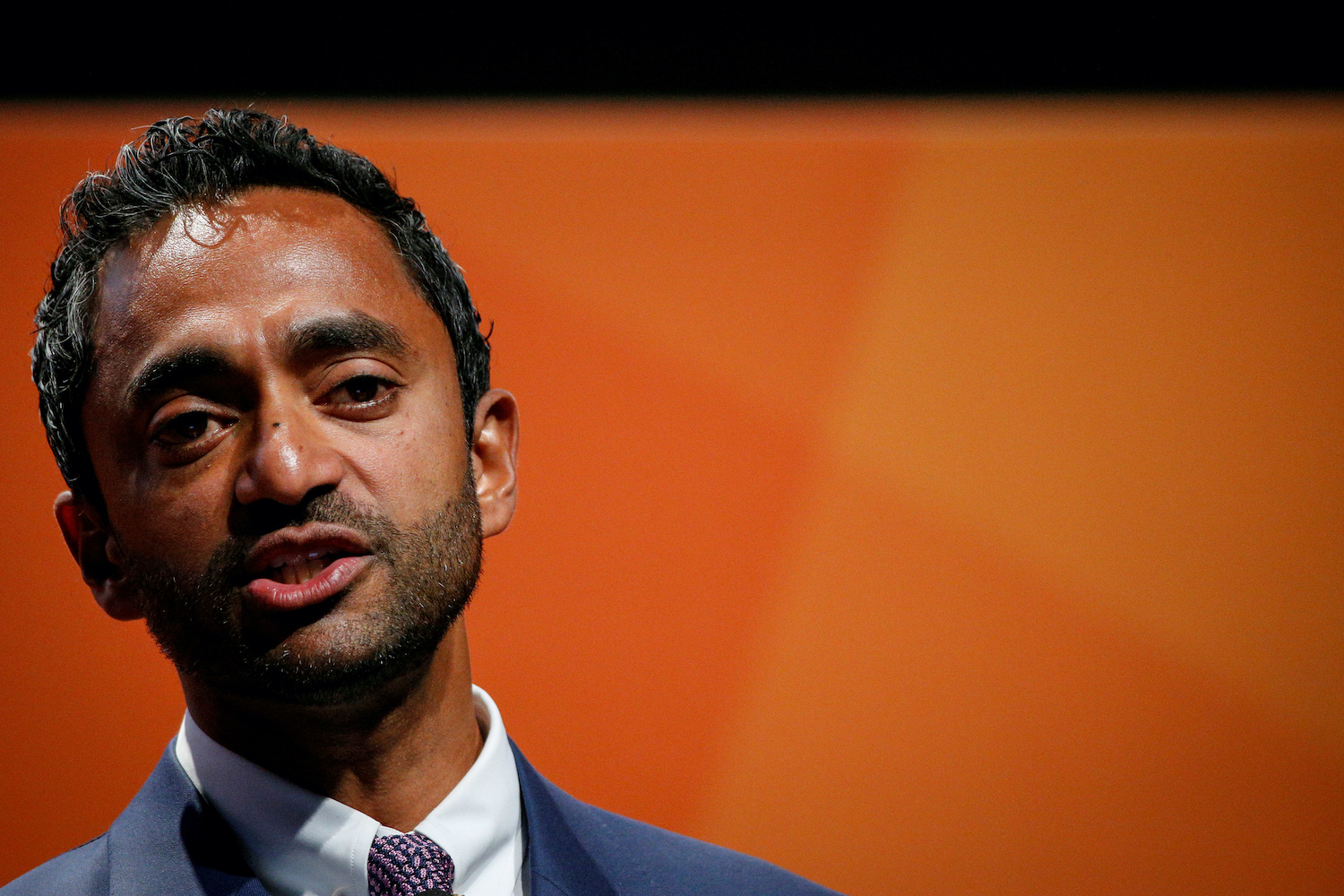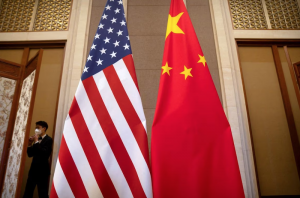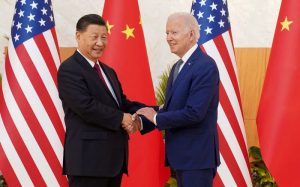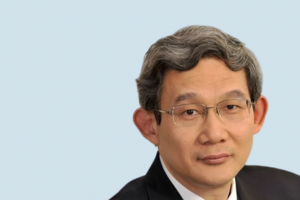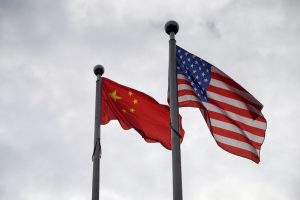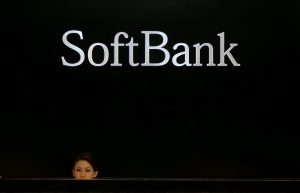(ATF) Prices for special purpose acquisition companies (SPACs) have slipped since US regulators indicated a clampdown on some industry practices. A shift to a SPAC 2.0 market may not be entirely negative for investors but Asian billionaires looking to join the listing party now have key decisions to make.
The US Securities and Exchange Commission (SEC) has been steadily tightening the regulatory backdrop for SPACs in recent weeks, first with warning comments, then with new accounting guidelines for treatment of warrants that are issued to early investors in deals.
The changing regulatory backdrop is likely to slow down the pace of new SPAC listings, rather than derailing the market entirely – which may well be the intent of senior managers at the SEC.
Officials at the regulator are now directed by a new chair – Gary Gensler – a former Goldman Sachs partner who has a reputation for being tough on Wall Street, but also for understanding the details of market structure.
The slowdown, nevertheless, comes at an awkward time for Asian billionaires who are looking to use the SPAC structure to list growing companies, as well as for the many listing venues in Asia and Europe that have been hoping to break the almost total dominance of SPAC issuance enjoyed by New York exchanges.
After a booming first quarter of SPAC launches there has been over $100 billion of new issuance this year in more than 320 deals, but only around $3 billion of the total is from Asian SPACs.
Big names in Asian finance
That $3 billion is still more than the total Asian SPAC issuance in all of 2020, however, and the roll call of regional investors looking at the sector includes many of the biggest names in Asian finance.
Li Ka-Shing, the legendary Hong Kong property tycoon, is reportedly looking at a SPAC that would join deals already launched by his son Richard, for example.
And last week’s announcement of a $40-billion deal to merge Singapore’s ride-hailing and delivery firm Grab Holdings with an existing SPAC set up by Altimeter Capital was the biggest acquisition yet by one of the special purpose vehicles, and a sign that fast growing Asian companies will remain prime targets for existing SPACs, whether or not there is a further slowdown in new SPAC launches.
The sheer pace of growth of new SPAC listings since last year is also attracting investors who are prepared to bet against their success by shorting deals that are at a premium to the standard $10 listing price.
Paul Marshall, co-founder of hedge fund Marshall Wace, has reportedly told his investors that the firm now sees opportunities to short SPACs, having primarily been involved as a long investor in the past.
Some SPACs that proved popular with retail investors in the US have seen a sharp downturn in their prices.
Fallen faster
A series of SPACs issued under the Social Capital Hedosophia brand by investor Chamath Palihapitiya have fallen faster than the broader SPAC market since the price for existing deals peaked two months ago, for example.
Many deals that have seen a sharp downturn in price have simply made a reversal in a premium to their $10 issuance level that did not make sense in the absence of indications that an acquisition is close, however.
SPAC prices often pop just ahead of a merger announcement as news leaks about a planned deal.
But a sustained premium that is only based on optimism about the track record of a SPAC sponsor is at obvious risk of a reversal.
Current indications are that the SPAC market will be slowed down and not closed by regulatory changes.
A need for greater discrimination between SPACs – and closer attention to the private investment in public equity (PIPE) component of mergers – nevertheless seems certain.




